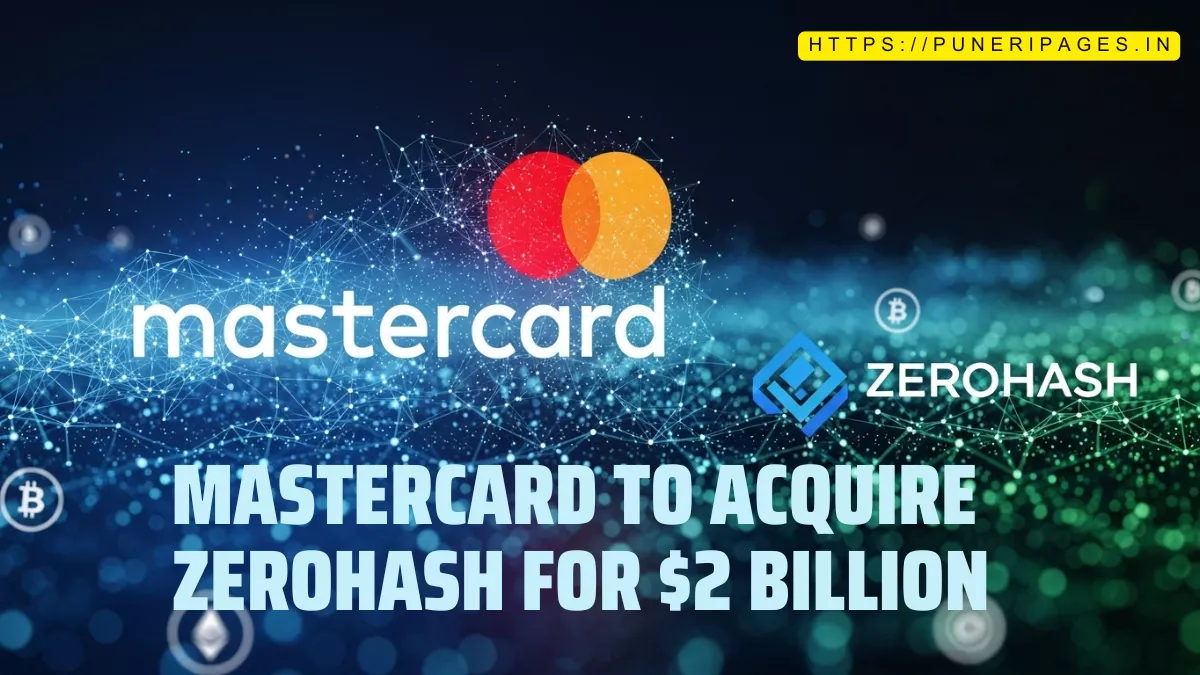
Mastercard’s $2 billion Zerohash acquisition could reshape the crypto payments landscape.
By Prashant for PuneriPages.in
In a bold strategic shift, Mastercard is reportedly moving to acquire Zerohash — a groundbreaking deal valued between $1.5 billion and $2 billion, marking one of the largest forays by a legacy payments network into the realm of crypto-infrastructure. This acquisition, if completed, signals a powerful pivot in how established financial networks view digital assets and stablecoin-based settlement systems.
Table of Contents
The Strategic Rationale Behind the Acquisition
Mastercard has long been investing in emerging fintech and blockchain technologies; however, the move to acquire Zerohash changes the game entirely. Zerohash is a Chicago-based startup (founded in 2017) that provides institutions and fintechs with API-driven infrastructure to enable crypto trading, custody, tokenization, and stablecoin settlement.
For Mastercard, the benefits are multi-fold:
- Direct control of crypto rails: Rather than relying on third-party partnerships, acquiring Zerohash gives Mastercard ownership of infrastructure that supports digital asset operations end-to-end.
- Stablecoin growth: With the broader payments world moving toward tokenised currency and blockchain-based settlement, Mastercard is positioning itself at the centre of this evolution.
- Competitive edge vs. rivals: Competitors such as Visa and crypto-native firms are aggressive in this space. Owning Zerohash could give Mastercard a lead in infrastructure-driven crypto payments.
Thus, the acquisition serves not only as a tactical investment but as a potential strategic transformation of Mastercard’s core business model into the digital asset era.
Who Is Zerohash? A Closer Look
Zerohash, headquartered in Chicago, specialises in unlocking crypto and tokenised asset capabilities for banks, fintechs and trading platforms. Key insights include:
- Founded in 2017, building APIs for crypto-trading, custody, token-issuance and settlement.
- Raised over $100 million in recent funding, led by major financial institutions like Morgan Stanley and Interactive Brokers.
- Valuation already surpassed the $1 billion mark prior to acquisition talks, showing the magnitude of their growth and relevance.
In short, Zerohash is not a fringe player; it is a serious infrastructure business at the intersection of finance and blockchain — exactly the asset Mastercard sought.
Implications for Payments & Crypto Markets
Transforming Payment Settlement
Traditional card payments often incur high fees, take days to settle, and rely on legacy rails. The integration of stablecoins and crypto settlement platforms like Zerohash could rewrite these dynamics:
- Instant settlement (near real-time)
- Minimal fees compared to old rails
- Global cross-border payments with crypto efficiency
This means Mastercard may soon offer services that blur the distinctions between crypto and fiat payments — potentially accelerating mainstream adoption.
Institutional Adoption of Crypto Infrastructure
Banks and fintechs, historically slower to adopt crypto, may now leverage Mastercard’s ecosystem and Zerohash’s infrastructure for regulated, secure crypto services. This moves crypto from niche to mainstream operational status.
Regulatory & Risk Considerations
With such ambition come regulatory burdens. Stablecoins and crypto infrastructure are under intense scrutiny globally. Mastercard must navigate compliance, security, and regulatory alignment — especially given the institutional scale of Zerohash’s operations.
What’s Next for Mastercard & the Industry?
1. Roll-Out of New Products: Expect Mastercard to launch tokenised asset products, crypto rewards and merchant settlement solutions leveraging Zerohash’s backend.
2. Strategic Partnerships and Onboarding: Banks and fintech clients will likely be integrated onto the combined infrastructure.
3. Competitive Push: Other payments firms will accelerate their blockchain acquisitions or build-ins to keep pace.
4. Market Vigilance: Regulatory frameworks will evolve quickly. The success of this acquisition may partially hinge on how regulators respond.
A Pivotal Moment for Finance
We are witnessing a tectonic shift in how payments and financial infrastructure are built. The reported acquisition of Zerohash by Mastercard for up to $2 billion is more than a headline — it is a sign that the future of money, settlement, and value transfer are being rewritten. Traditional payment networks are now embracing blockchain infrastructure, tokenised assets and stablecoins — and that matters.
As Mastercard moves into this shoes-on-the-ground phase of crypto infrastructure ownership, the implications for merchants, banks, fintechs, and consumers are profound. The deal could mark the moment when crypto and traditional finance truly converge.

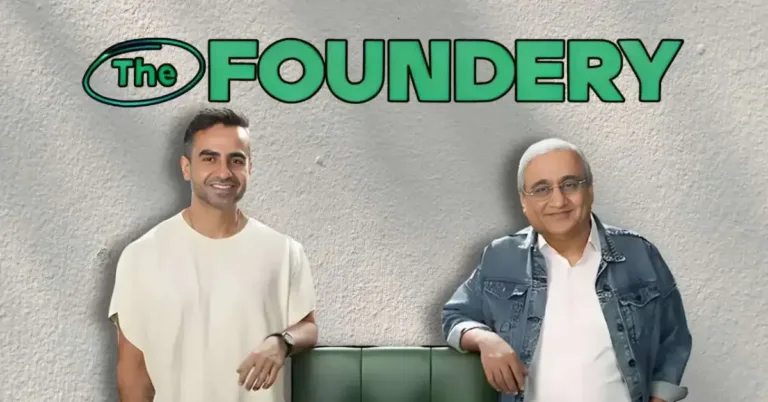


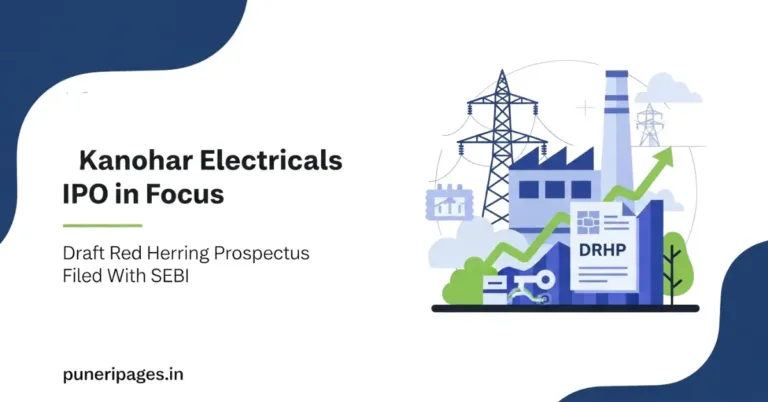
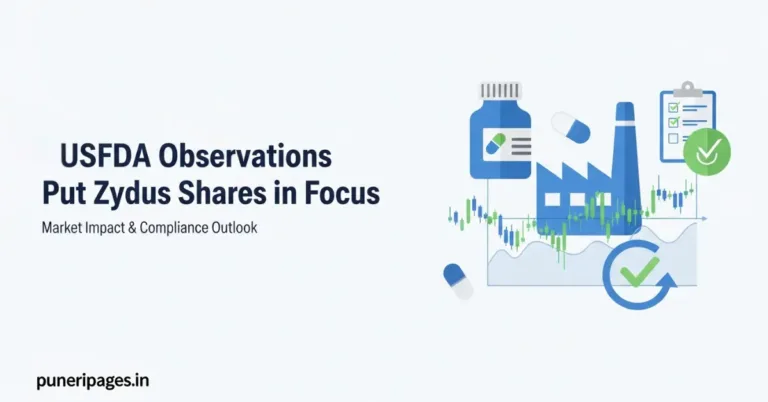
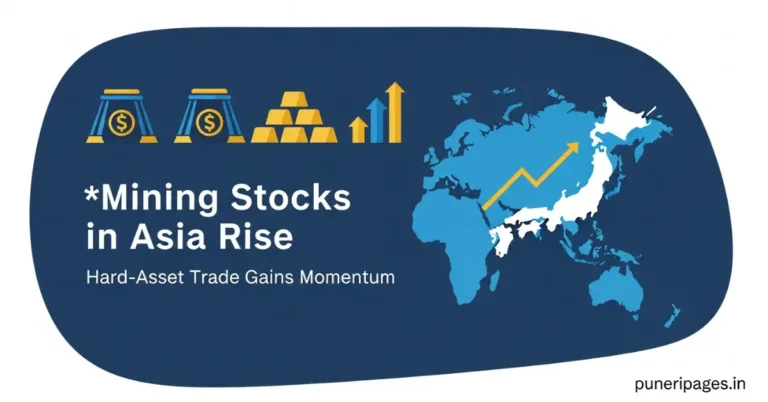
This is inspiring. Thanks for sharing your knowledge.